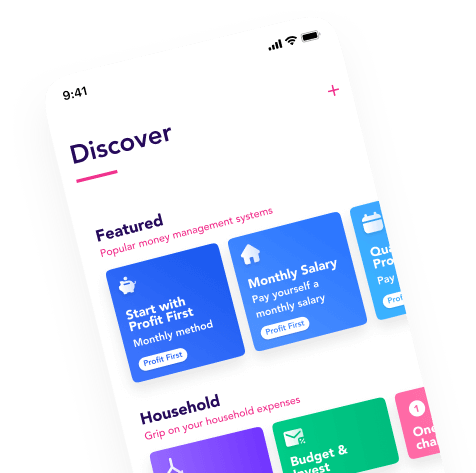
Doing work from home is a very common option for most companies. Certainly because we have become accustomed to it due to the pandamic. But what is more advantageous for you as an employee, working in the office or at home? When you work from home you might save on gasoline costs, the fancy sandwich in the cafeteria or that coffee to go you get every morning. But if you work in the office, you don't have to pay for your own water, electricity, heating and toilet paper. Especially with everything getting more and more expensive, it's an interesting question: what does working from home cost?
Hybrid, remote or flexible
Working from home (partially) has obviously become a trend. There are many companies working completely or almost completely from home. During the corona pandamic, we noticed that it can be done just fine. We have enough techniques to facilitate it well and, above all, it saves us a lot of time. We are no longer stuck in traffic jams, are (depending on the situation of course) disturbed much less often and we are able to organize our time more flexibly.
At Flow we also work largely at (great) distance. We've been doing that since the beginning, because it allows talents from all over the world to help build Flow. For example, we have colleagues in Georgia, South Africa and, last but not least, on Texel. When you work from home, you are less disturbed when you are concentrating on a task. And you can go for a run in between, so you can get back to work refreshed.
But, what's the difference?
Of course, how expensive working from home is for you depends entirely on your situation. For example, whether you get a working from home allowance and resources (think laptop, office chair, work phone) from your employer. On average, the costs for a day of working from home are around 3 euros, Nibud calculated in March of this year. At that time, in fact, the costs went from 2 to 3 euros, due to higher energy bills. Since March prices have only gone up further, so working from home has become more expensive.
Who pays for my home office?
The 3 euros working from home allowance calculated by Nibud are based on costs for electricity, water, coffee and tea, heating and toilet paper. This does not include the furnishing of the home office. Sometimes employees are allowed to take home an office chair, laptop stand and mouse and keyboard, or the organization will purchase these for them. But companies are not required to do this. So usually you pay for your home office yourself.
So, work at home or go to the office anyway?
So it depends. Companies are allowed to choose whether to pay working from home allowance, unless there are agreements about it in the collective bargaining agreement. It is always expected, of course, that you get the necessary equipment to do your job properly. But whether the cost of groceries, water and the heating are also covered (in part) is up to a company to decide. So the trade-off for working from home is best made by yourself, and perhaps better based on your productivity, social need and practicality rather than cost.
Set aside your working from home allowance!
Do you get working from home allowance from your employer? Then you can choose to transfer those extra euros to your grocery jar. You then increase the amount of that jar, which you can use to buy the extra coffee, toilet paper and snacks. This way, you can be sure that you can maintain your daily caffeine supply and actually use the allowance for its intended purpose!
